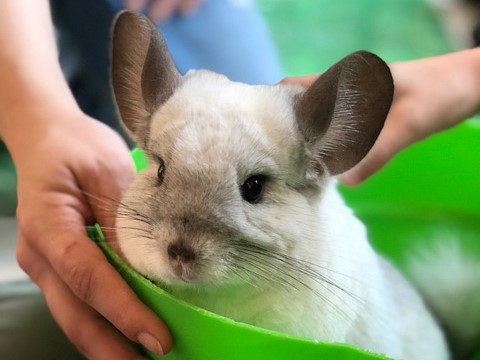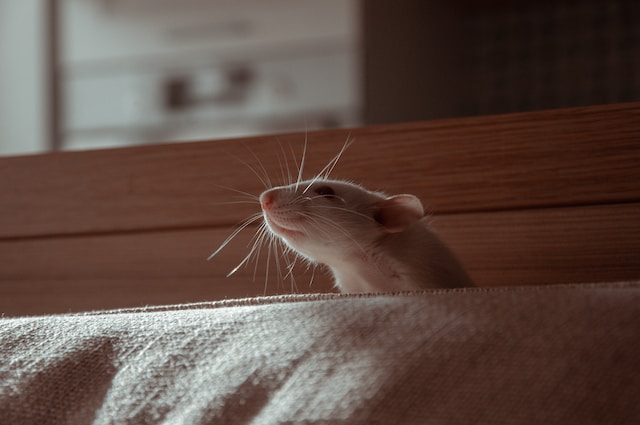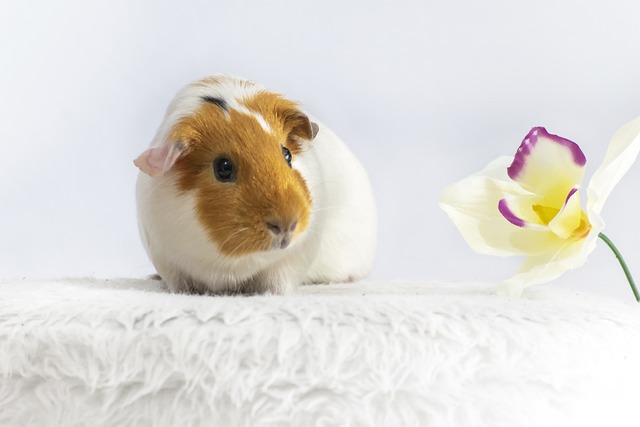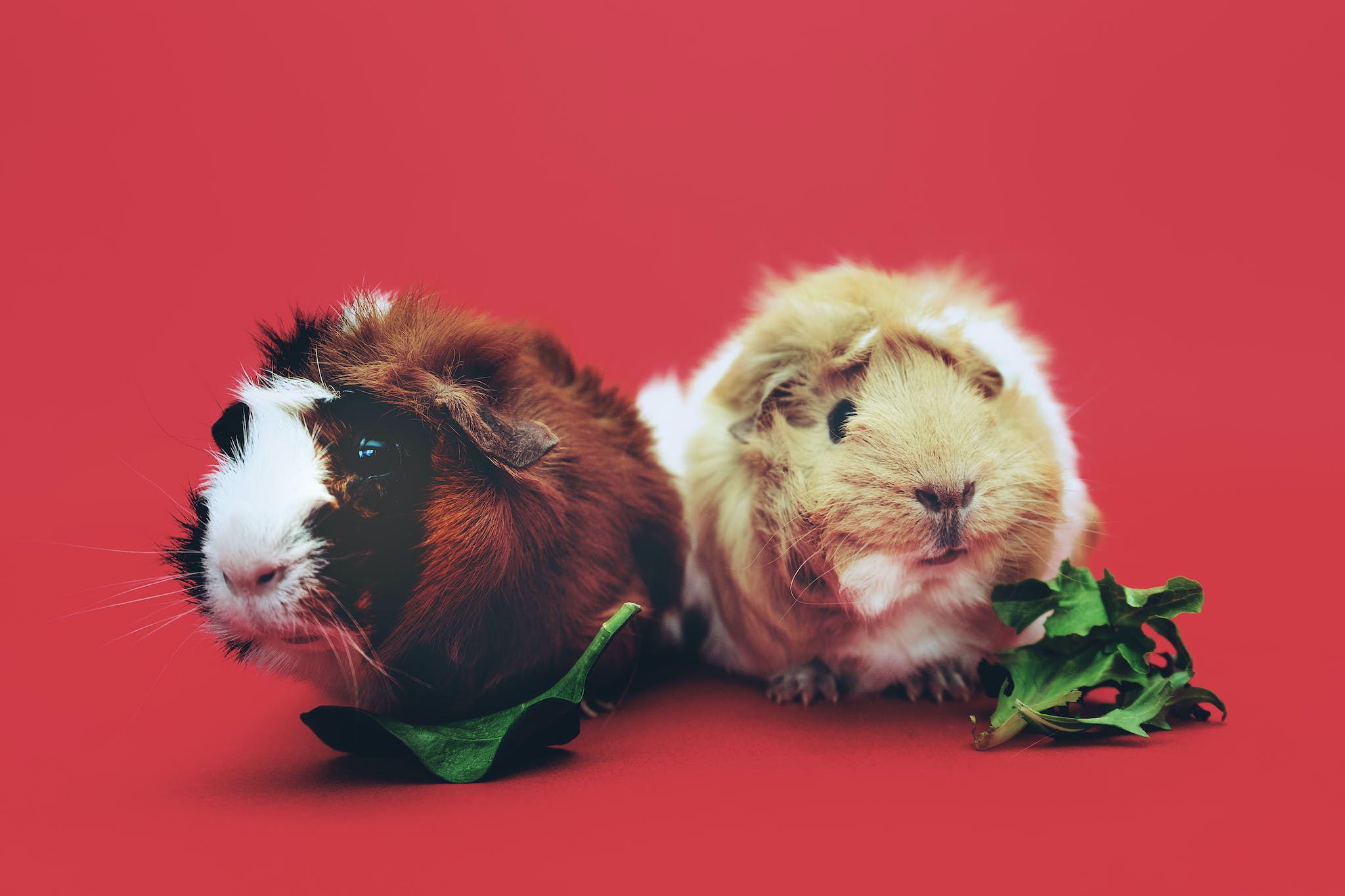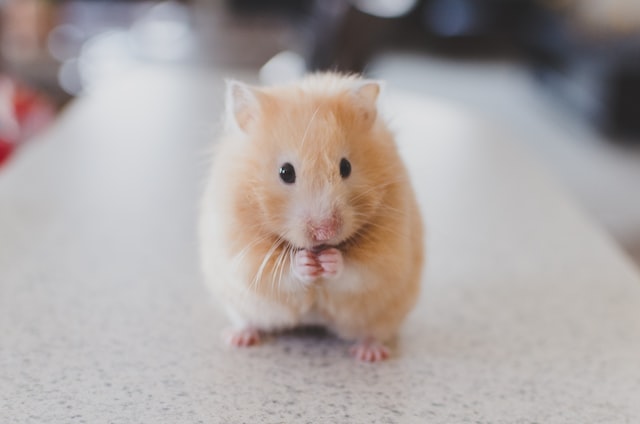Chinchilla Lifespan & Care: 10 Tips For A Long & Happy Life
There are some affiliate links below, but they are all products I highly recommend. For more info, view my disclosure here.
Chinchillas are unique and captivating creatures that can make great pets for those who are willing to provide them with the proper care and attention they require. As with any pet, it is important to understand the lifespan of chinchillas and the factors that can impact their health and longevity. With the right care and attention, chinchillas can live for up to 15-20 years in captivity, making them a long-term commitment for any potential pet owner.
In this article, we will provide you with 10 essential tips to help prolong your chinchilla’s life and ensure they live a happy and healthy life. From providing them with the right environment and unlimited hay and chew toys to using chemical-free cleaners for their cages, we will cover everything you need to know to keep your chinchilla healthy and happy.
Whether you are a seasoned chinchilla owner or considering owning one for the first time, this article will serve as an informative guide to help you provide the best care possible for your furry friend.
Chinchilla Lifespan
The lifespan of chinchillas, both in the wild and in captivity, is influenced by factors such as stress, predators, and proper care, with captive chinchillas having the potential to live up to 15-20 years.
Wild chinchillas, being prey animals, face the constant danger of being hunted by natural predators such as owls, eagles, and cats. The stress of living in the wild, coupled with the constant threat of predation, can significantly reduce their lifespan, with most wild chinchillas living up to a maximum of 10 years.
In contrast, captive chinchillas can live a much longer life if they receive proper care from their owners. Chinchillas in captivity should be kept in a stable temperature and low humidity environment, provided with unlimited hay and chew toys for dental health, and given a big cage for exercise. Additionally, dust baths should be provided to regulate their body heat and keep their fur healthy.
By following these guidelines, owners can help their chinchillas live to their full potential and enjoy a long and happy life.
Proper Housing and Environment
Proper housing and environmental conditions are crucial factors in promoting the health and well-being of domestic chinchillas.
Chinchillas need a big cage for exercise, which should be located in a quiet, draft-free area away from direct sunlight and extreme temperatures. The recommended size for a chinchilla cage is 24 inches by 24 inches by 18 inches, with multiple levels and platforms for climbing and jumping.
The cage should also be lined with a bedding material that is absorbent, dust-free, and non-toxic, such as aspen shavings or recycled paper pellets. In addition, chinchillas need a stable temperature and low humidity to prevent respiratory illnesses, which can be fatal.
The ideal temperature range for chinchillas is between 60 and 70 degrees Fahrenheit, and the humidity level should be less than 50 percent. It is also important to use chemical-free cleaners for cages, as chinchillas are sensitive to chemicals and may develop skin irritations or respiratory problems if exposed to them.
Lastly, chinchillas need a dust bath to regulate their body heat and keep their fur healthy. The dust bath should be provided in a separate container that is large enough for the chinchilla to roll around in, and the dust should be fine and unscented.
Care and Health Tips
Maintaining appropriate environmental conditions and encouraging proper dietary habits are essential for promoting the health and longevity of captive chinchillas.
One important aspect of chinchilla care is providing a proper diet that includes unlimited access to hay and fresh water, as well as a small amount of pellets and occasional treats.
Chinchillas have constantly growing teeth that require constant chewing on hay or wooden chew toys in order to prevent overgrowth and dental problems.
It is also important to avoid feeding chinchillas foods that are high in fat or sugar, as they can cause digestive issues and obesity.
In addition to a proper diet, chinchillas require an appropriate living environment that includes a clean and spacious cage, free from any harmful chemicals or materials.
Dust baths are also essential for chinchilla health and should be provided on a regular basis to help regulate body temperature and keep their fur healthy.
It is important to monitor chinchillas for any signs of illness, such as changes in appetite or behavior, and to seek veterinary care if necessary.
By providing proper care and attention, chinchilla owners can help ensure that their pets live a long and happy life.
